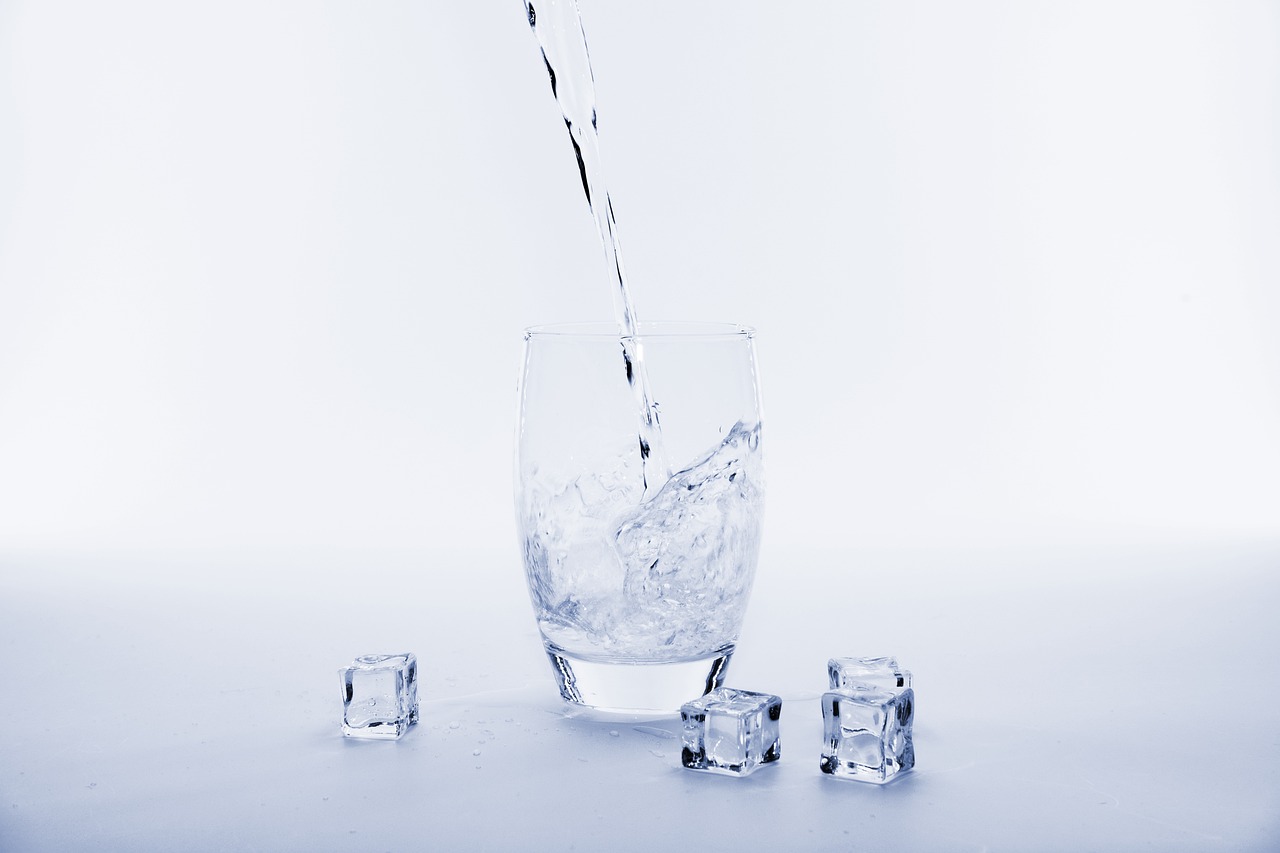Water is the source of life, and a person who goes for a long time without drinking water can put his or her body in the middle of a health crisis that can even be life-threatening. However, not all water is suitable for drinking. Some water may cause problems if you drink it, such as the time of nitrite poisoning that occurred in Sichuan some time ago after a baby drank vegetable water, which illustrates the problem once again.
If you want to drink water healthily, the prerequisite is to choose the right water and drink the right water. If there is a mistake in the choice of water, all the efforts made later will be in vain. Water, how should I choose? What water can not drink?
Vegetable water
Although vegetables are a class of food we eat every day, and there are more ways to eat vegetables, but vegetable water is not recommended to drink. Leafy vegetables, especially leafy greens, contain more nitrates, which are reduced to nitrites under the action of bacteria after heating.
Although nitrite is not carcinogenic, but excessive nitrite can cause poisoning, especially infants more delicate stomach, drinking vegetable water is more prone to nitrite poisoning. Even adults, it is not recommended to drink vegetable water, after all, long-term excessive intake of nitrite will also increase the risk of cancer.
Overheated water
Chinese people like to drink hot water and this is one of the ways to distinguish Chinese people abroad. Even in the cold winter, when you go out, you will carry a thermos cup for drinking water, and it is required to be hot water. The habit of drinking hot water in China has a long history. But water that is too hot can have a negative effect on the oesophagus.
The temperature of the oral mucosa and oesophageal mucosa is basically the same as our body temperature, and the tolerance for temperature is not high, the maximum tolerable temperature is around 50-60℃, and food over 65℃ will cause burns to the oral mucosa and oesophageal mucosa. Once in a while, it is not harmful to the body, but frequent consumption of hotter food will bring repeated damage to the oral mucosa and oesophageal mucosa, causing chronic damage to the digestive tract, triggering inflammation of the oesophageal mucosa and increasing the risk of oesophageal cancer.
Unboiled water
Anyone born before the 1970s or 1980s has probably had the experience of drinking raw water. When you were thirsty, you would just take a ladle and scoop the water from the tank, and you weren’t too particular about drinking water back then. Only raw water is not recommended to drink, today’s living conditions are better, most people will choose to boil the water before drinking. But some people want to save trouble, from the district drinking fountains to spend two dollars to buy a bucket of water to go home and drink directly.
The source of the water from the drinking fountains in the neighbourhood is the tap water. Although the tap water has been treated with bleach, there are also bacteria or impurities that are harmful to the human body. It is not suitable for drinking without boiling. Stream water in mountainous areas, which is also raw water, may contain insect eggs or bacteria that are potentially dangerous to human health, so do not drink it even if you are thirsty.
Saline solution
Lightly salted water, is drinking water with salt added to it. Most people choose light saline water in order to replenish the body’s loss of sodium ions, when in fact there is no salt deficiency in our current diets. On the contrary, most people have an excessive intake of salt in their diet.
Excessive salt intake not only increases the risk of high blood pressure, but also increases the risk of osteoporosis and stomach cancer. Salt intake is also recommended in the Dietary Guidelines for Chinese Residents. Adults should not consume more than 6 grams of salt per day, and it is not advisable to drink salt water in the morning. Salt water can be used as a gargle, but it should be spit out after gargling.
Honey water
Honey has always been regarded by the public as a good health food, especially in winter, they prefer to drink honey water. Although honey is a gift from nature, its nutritional value is relatively homogeneous. The highest content of honey is sugar, which includes sucrose, fructose and glucose. The so-called active substances, on the other hand, are present in honey in negligible amounts.
When you drink honey water, you are getting more of the sugar in honey. With high sugar intake, the consequences are more serious and diseases such as diabetes, hypertension, obesity and gout may occur. Some people may say that they feel better after drinking honey water, but this is just a symptom of intolerance to the fructose in honey. For honey water, you should also learn to avoid it.
Water in water fountains older than 7 days
Drinking fountains are not only more common in homes, but also a necessity in flats. When you drink water directly through the outlet of the water dispenser can be, it is also particularly convenient to use. But the water in the water dispenser is sometimes not clean, and there may be contamination.
Drinking fountains need to be sterilised regularly, but many people forget this important aspect when using a drinking fountain. As the amount of water in the water dispenser decreases, bacteria may grow in the water dispenser, and seemingly clean water may have been contaminated by bacteria, making it unsuitable for further consumption. Moreover, vat water also has a shelf life after opening, and water that is older than seven days is no longer suitable for further consumption.
Every day to drink water, drinking water should also choose the right. The best drinking water is boiled water. Boiled boiled water, its safety is also guaranteed, which is the most suitable for human health drinking water.


